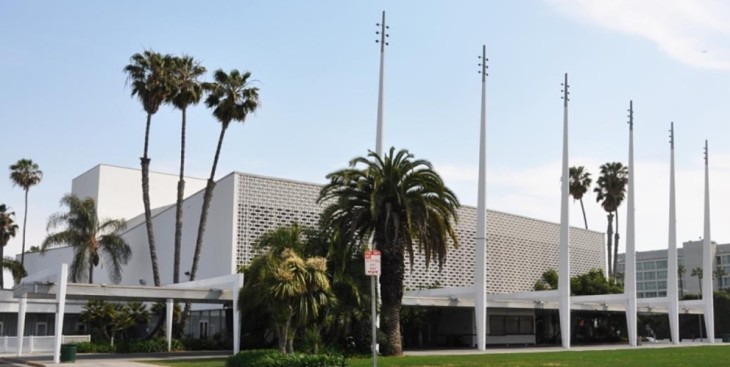Ever since San Francisco’s Leland Yee joined his colleagues Ron Calderon of Montebello and Roderick Wright of Los Angeles on the state Senate’s indicted/convicted list and then all three were suspended, other senators have recognized they must restore the public’s trust.
That won’t happen if suspensions are all those other senators are willing to mete out against their allegedly crooked brethren. Nothing less than expulsions and quick special elections for replacements can prove the Senate still knows why it exists.
The proven and alleged crimes of the Senate Three would be enough to justify severe action, just as a state senator indicted for bribery was expelled in 1905.
Meanwhile, keeping Yee, Calderon and Wright on suspension – with pay, no less – leaves almost one-tenth of Californians unrepresented in their Senate. Remember, all three men purveyed one common message during their many election campaigns: Only they could provide the most effective service available. So much for that.
Today they provide no service. In sustaining the trio’s similar struggles for political survival and personal freedom, other senators appear to have forgotten they were elected not just to collect paychecks and perks, but to represent Californians and further the public good. In each case, the public would be best served by not letting the Senate’s alleged crooks hang on for many months while their cases and appeals play out.
None of the three has yet shown the slightest willingness to consider stepping down. Calderon, accused of political corruption, and Wright, convicted of using a false address when filing to run for office, are both stonewalling and their mostly Democratic colleagues keep enabling them even though their legal woes reduced the party’s Senate edge below the magic two-thirds majority margin needed to pass some laws.
With Wright and Calderon first on leave and now suspended while their cases play out, Democrats failed to push through several measures, including a key bill aiming to force revelations of “dark money” contributors to political campaigns. Not one Republican voted for that one, all it would have taken for passage, but if the Democrats still had a two-thirds margin, the predictable GOP solidarity against sunlight would not have mattered.
Now comes Yee, indicted in late March for both firearms trafficking and political corruption. He may yet resign his post – from which he’ll be termed out by year’s end anyhow. For sure, his candidacy for secretary of state, California’s chief elections officer, ended with his arrest.
Yee’s absence puts the Democrats another vote shy of the supermajority they reveled in for about a year after the 2012 elections. If the three troubled senators left or were booted, voter registration numbers in their districts assure those seats would remain Democratic. Their stubborn attempts to continue political life make it clear they care less about public policy than personal interest. One thing each retains (besides their salaries) even while suspended is a possible plea bargain negotiating chip: At some point, prosecutors may offer the option of resigning in exchange for lighter treatment.
Said Yee’s fellow San Francisco state Sen. Mark Leno, “Every indictment, every arrest, every arraignment, even every suspicion or allegation, reflects very poorly on each of us and all of us (in the Senate).”
Mere words like those are not enough. Until the Senate is willing to expel and not just suspend members when they fall into disgrace, voters will be justified in figuring most senators care more about their own skins and pocketbooks than the policies to which they claim devotion.
Yee’s case is classic for this. If convicted of the firearms charges against him, the longtime gun-control advocate will be exposed as one of the greatest hypocrites in California history.
It all raises the question of why other state senators have been so reluctant to throw out their disgraced or convicted colleagues. One possible answer to that question might be that many have skeletons in their own closets or fear they might someday.
There is, of course, no proof of this, but who could blame voters for believing it?
The bottom line: If politicians were more concerned about policy than their own skins, they’d be gone the moment they can no longer represent their constituents and further policies they claim to love.


























